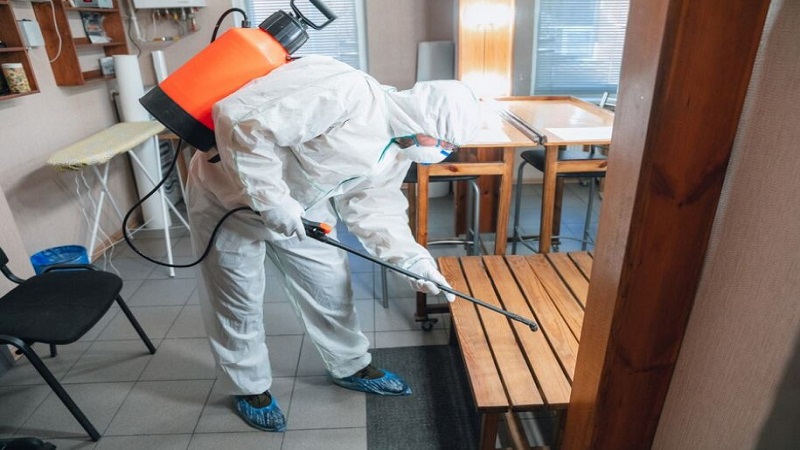Pest management starts in our homes, where small invaders often make life challenging. No matter the size of your living space, encountering pests can be stressful and unpleasant. From buzzing flies to intrusive rodents, the need for effective pest management strategies is universal.
Understanding Your Uninvited Guests
Effective pest control in your home doesn’t have to involve harsh chemicals or expensive interventions. Before diving into control solutions, it’s essential to understand who your invaders are. Different pests require different strategies. Ants, for example, might be deterred by simple natural remedies, while rodents might need more robust interventions.
Cockroaches: These pests are not only unsightly but also carriers of various diseases.
Rodents: Mice and rats can damage your home’s insulation, wiring, and structure.
Ants: Although less harmful, their numbers can quickly swell if not controlled.
DIY Pest Management Strategies
Here are five do-it-yourself approaches to managing pests in your home, using everyday items and simple techniques.
1. Seal Points of Entry
The first line of defense in pest management is to prevent them from entering.
Inspect your home for any cracks, holes, or openings. Weather stripping and caulking can seal most entry points effectively. Regularly check and maintain these barriers to ensure they remain effective.
2. Keep It Clean
A clean home is your second strategy. Pests are attracted to food and water. Ensuring that your kitchen counters, floors, and cupboards are clean will reduce pest attraction.
Regularly dispose of garbage in sealed containers.
3. Natural Repellents
Natural substances like vinegar, lemon, and peppermint oil can deter many types of pests.
For ants, a solution of vinegar and water can disrupt their scent trails.
Lemon and peppermint oils are excellent for keeping spiders and other insects at bay.
Simply apply these solutions around potential entry points and in areas where pests are frequently seen.
4. Bait and Trap
For more persistent or larger pests like rodents, baiting and trapping are effective.
You can use humane traps to catch and release these pests far from your home.
For bait, peanut butter is highly effective and less hazardous than chemical baits.
5. Maintain Your Garden
Your garden can be a major attraction for pests.
Keep your lawn trimmed and remove any stagnant water to prevent breeding grounds for pests. Plants like marigolds and lavender naturally repel insects and can be planted around your home for a natural protective barrier.
When to Call a Professional
While DIY methods are effective for minor pest issues, an infestation or larger pests like termites and bedbugs might require professional intervention. Learn when it’s time to call a professional by assessing the extent and persistence of your pest issues. If you’ve tried several remedies and the problem persists, it might be time to seek more potent solutions.
Real-Life Success Stories
Consider the story of Jane from Colorado, who faced a severe ant invasion each spring.
By using a combination of vinegar sprays and stringent housekeeping, she managed to keep her home ant-free. Mark in Florida used peppermint oil to deter spiders, mixing it in a spray bottle and treating his home seasonally, finding great success.
Conclusion
Simple, DIY methods can often prevent and manage minor pest issues. However, remain vigilant and ready to escalate your efforts with professional help if these solutions fall short. Remember, the key to pest control is persistence and consistency in your efforts.
